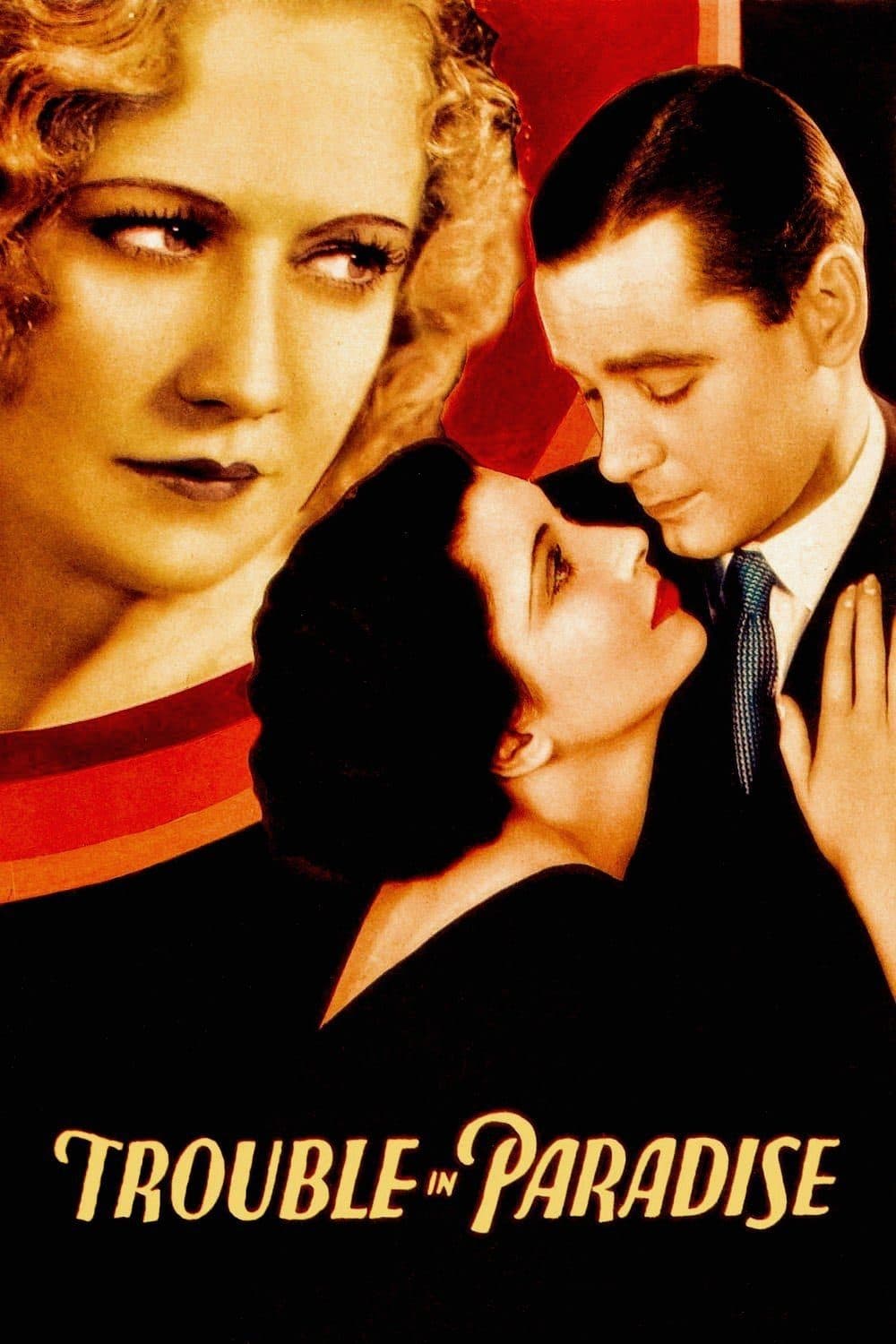
Trouble in Paradise
1932
Rate this movie
Average: 0.00 / 5
(0 votes)
Director
Lubitsch, an artist endowed with a precious and ineffable “touch of lightness” behind the camera, shot this film with the awareness of having to translate onto film the refined emotions that Laszlo's play (The Honest Finder) had stirred in him and in all the spectators who had followed the comedy. Undoubtedly, he not only succeeded but created what many consider the ultimate archetype of refined and brilliant comedy, a concentration of impalpable parody and tender irony, perfectly blended. The director creates a world of refined seduction and deception, where love and crime intertwine in a play of masks and double entendres. With his legendary Lubitsch touch, the director orchestrates a ballet of misunderstandings and embarrassing situations, immersing the viewer in an atmosphere where good taste and disorientation go hand in hand. This "touch," more than mere lightness, is an elliptical art, an elegance that suggests without ever revealing, allowing the audience to actively participate in constructing meaning through intuition and deduction. In a pre-Code era, the film allowed itself a boldness and freedom of expression that would have been unthinkable a few years later, casually exploring themes of adultery and moral ambiguity, elevating the innocence of comedy to a subtle and mischievous inquiry into human nature.
The plot, rich in twists, revolves around Gaston Monescu, an internationally renowned thief, who coincidentally meets Lily Vautier, also a professional thief. The two, attracted to each other, decide to join forces to rob Mariette Colet, a wealthy widow who owns a perfume company. Gaston, under the guise of Baron Mirsky, gets himself hired as Mariette's secretary, while Lily pretends to be his sister. But the thieves' plan complicates when Gaston falls in love with Mariette, finding himself torn between love and professional duty, a dichotomy that Lubitsch transforms into fertile ground for the analysis of desire and appearance. The brilliant cast, with Herbert Marshall and Kay Francis weaving the tapestry of this sophisticated sentimental scam, elevates the narrative material far beyond simple farce.
Lubitsch, with his elegant and discreet direction, creates an atmosphere of ambiguous complicity, where truth and falsehood blend in a game of seduction and deception. Trouble in Paradise is a film that constantly plays with illusion and deception, staging a world where reality and fiction continuously merge. Deception is not merely a means to an end, but becomes a refined game, a form of seduction and amusement. Gaston and Lily amuse themselves by deceiving their victims, but also by deceiving each other. Their relationship is based on a play of roles and masks, where real identity hides behind a facade of pretense. Their dialogue is a sparkling duel, a verbal ballet where every line is a weapon or a flattery, a sublime example of sophisticated Hollywood comedy, echoed in later films by directors like Cukor or Wilder. Love, too, is subject to illusion and deception. Gaston, falling in love with Mariette, finds himself torn between his role as a thief and his true feelings. Mariette, for her part, is attracted by the charm of the self-proclaimed Baron Mirsky, unaware of his true identity. The love between the two thus arises on a foundation of lies, and their relationship is destined to clash with reality. The film also highlights the illusion of wealth and social success. Mariette, wealthy and spoiled, lives in a world of appearances, surrounded by people who flatter her out of self-interest. Gaston, pretending to be a nobleman, manages to enter her world and win her trust. But Mariette's wealth turns out to be an illusion, a means to hide her solitude and unhappiness, a sharp comment on the hollowness of high society, particularly resonant in Great Depression America. Lubitsch's social criticism is never didactic, but imbued with a persistent irony that reveals the hypocrisies of the affluent world, often more "thieving" in its opportunism than professional thieves themselves. Finally, an honorable mention for the divine Miriam Hopkins, here called upon for a subtle satirical performance that she perfectly embodied, gifting Lily with an explosive mixture of cunning, charm, and hidden vulnerability. No less incisive is the performance of Kay Francis, whose Mariette is an icon of luxury and solitude, and that of Herbert Marshall, whose Gaston is the epitome of the gentleman thief, capable of stealing hearts with the same elegance with which he manipulates safes. Lubitsch, ultimately, with his elegant and discreet direction, molds a world where illusion and reality continuously merge in a constant dialectic of cross-references. The viewer, as do the characters, becomes involved in this game of mirrors, in which it is impossible to distinguish truth from falsehood. And this semantic precariousness is ultimately the central core of the film and its ultimate message: that truth is often less interesting than fiction, and that happiness, at times, lies precisely in perpetuating the most fascinating of lies.
Country
Gallery
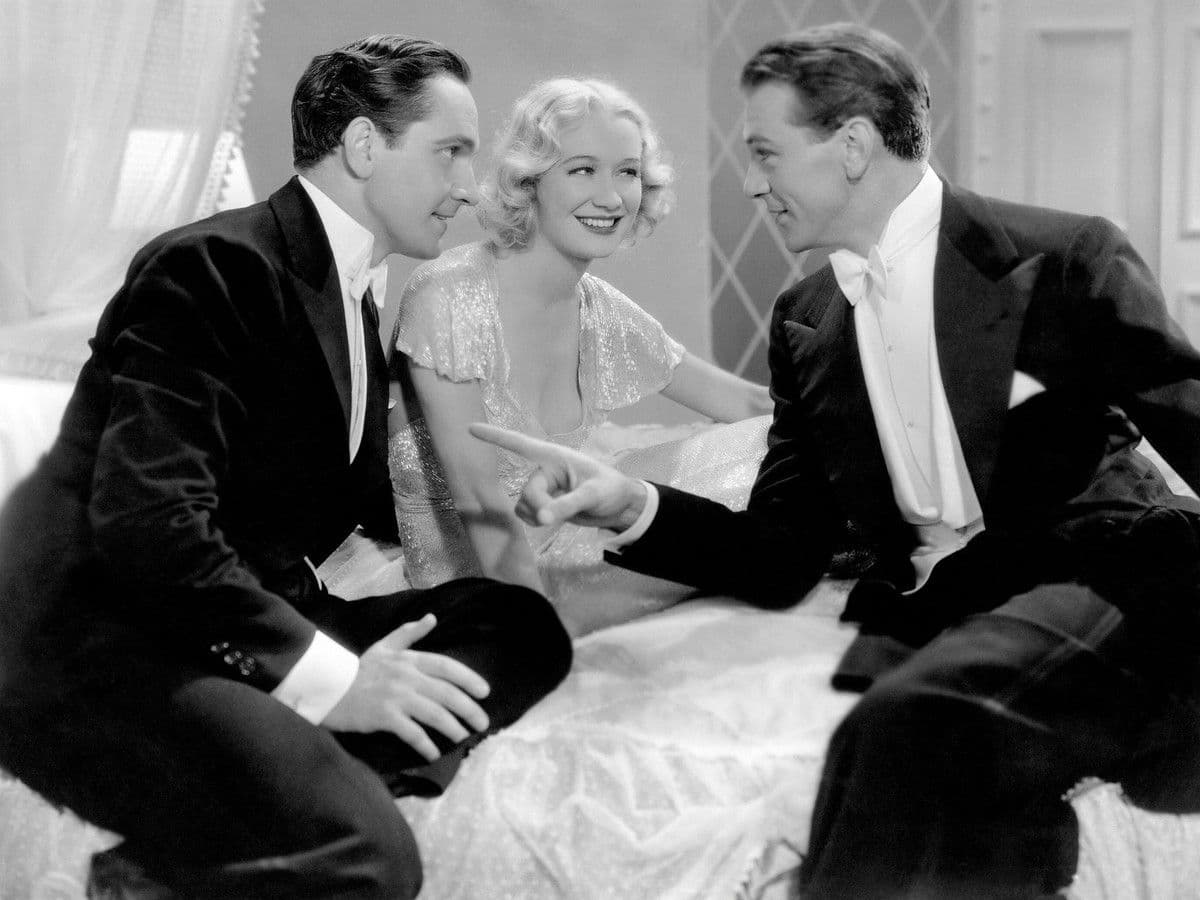
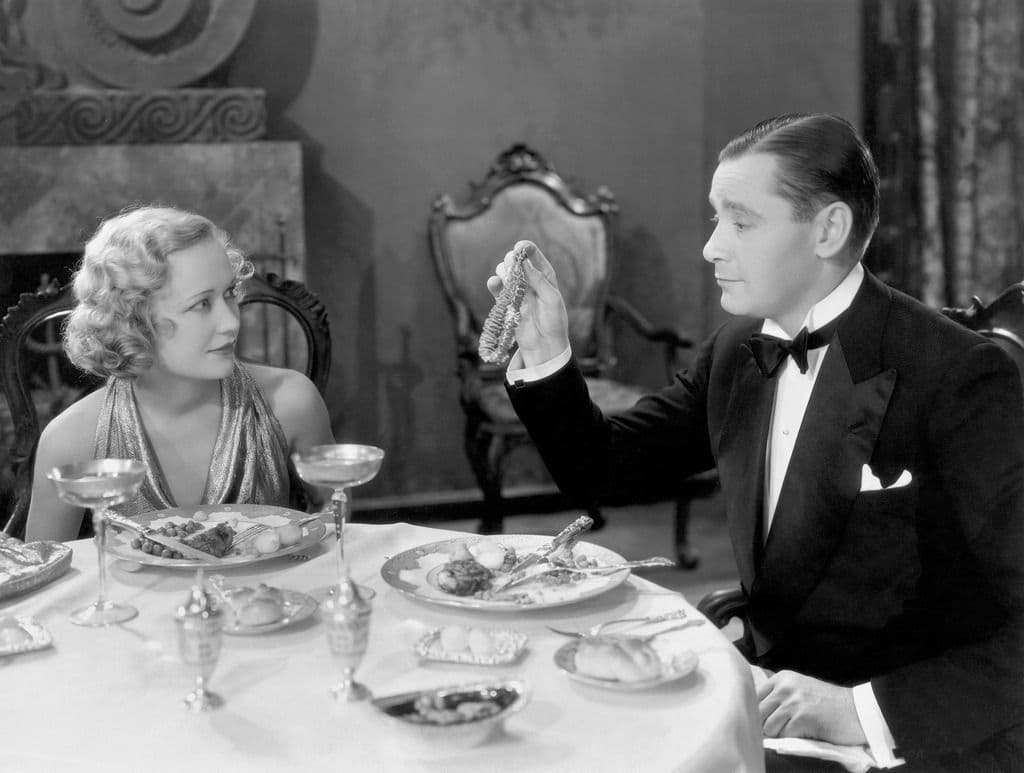

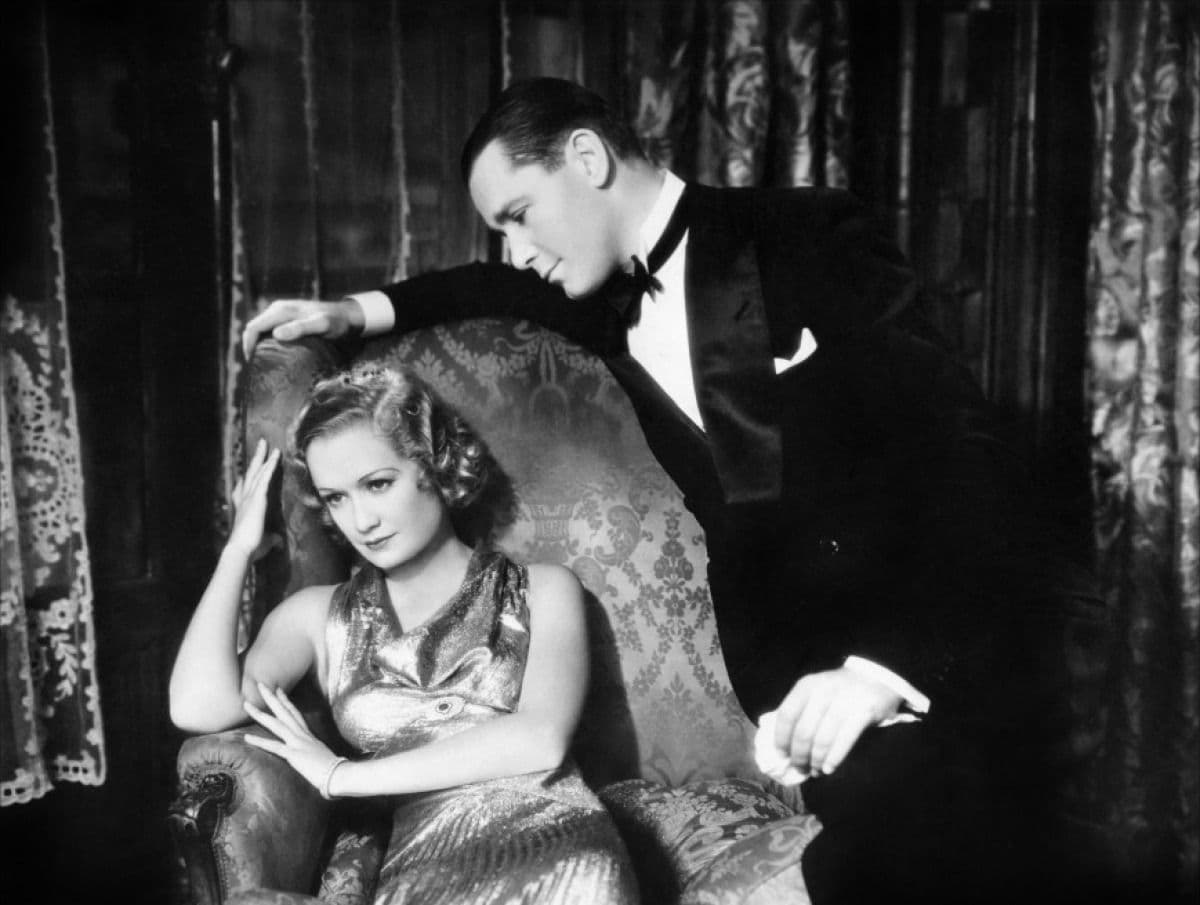

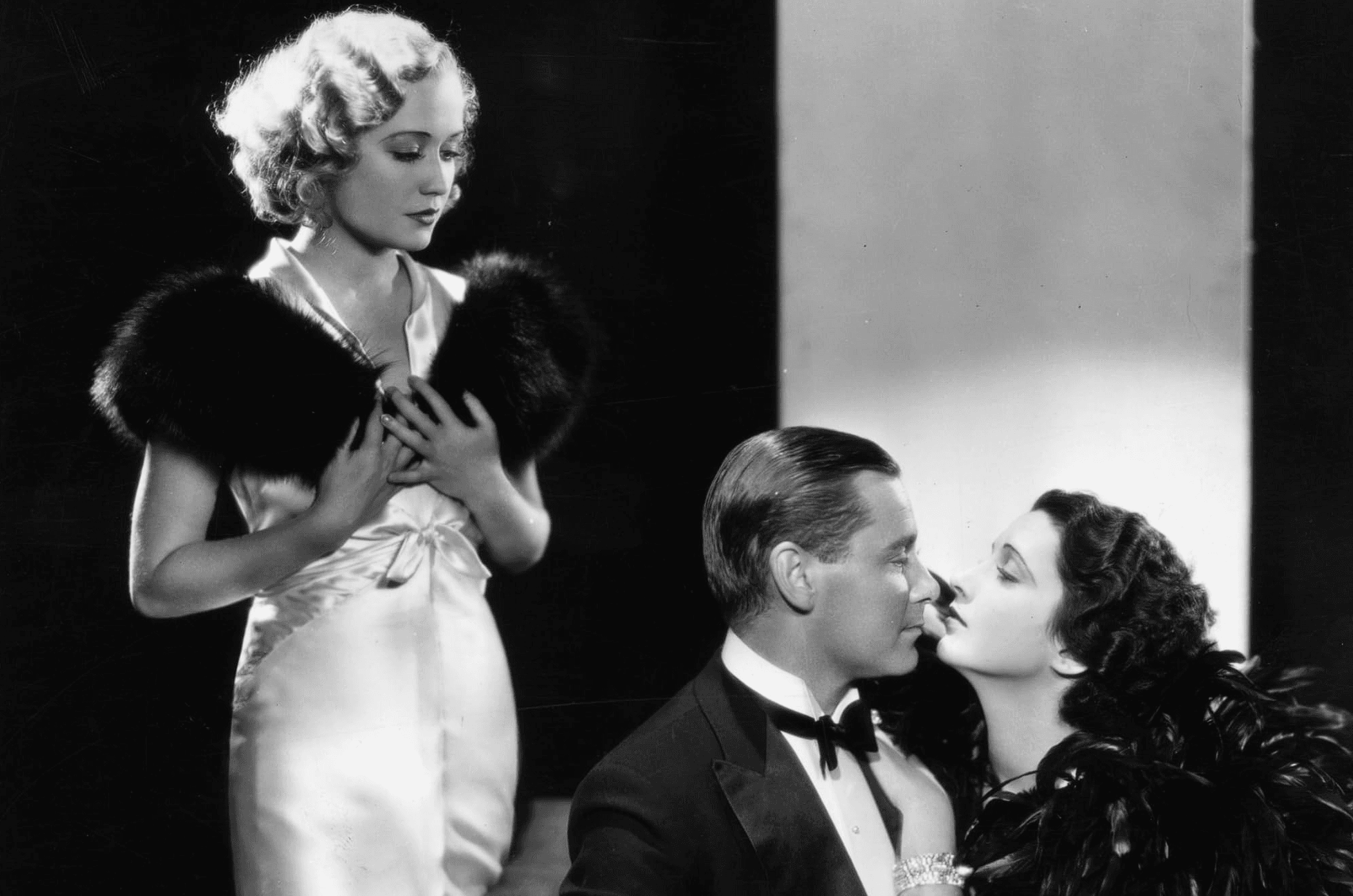
Comments
Loading comments...